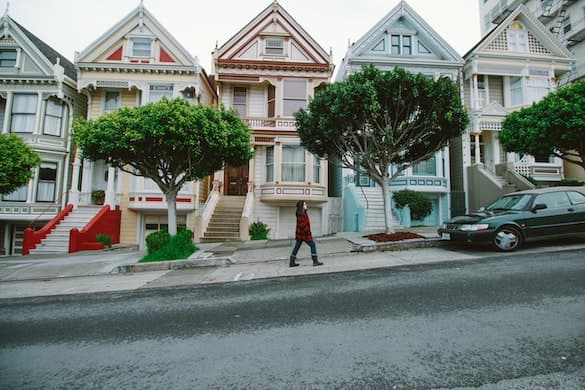San Francisco Seeks To Curb Street Walkers by Decriminalizing Prostitution
If the measure is successful, San Fancisco would become the only area outside Nevada to have legal or decriminalized prostitution.

A San Francisco supervisor, Hillary Ronen, on Tuesday plans to introduce a resolution to the San Francisco County Board of Supervisors to decriminalize prostitution in the city.
Please check your email.
A verification code has been sent to
Didn't get a code? Click to resend.
To continue reading, please select:
Enter your email to read for FREE
Get 1 FREE article
Join the Sun for a PENNY A DAY
$0.01/day for 60 days
Cancel anytime
100% ad free experience
Unlimited article and commenting access
Full annual dues ($120) billed after 60 days

